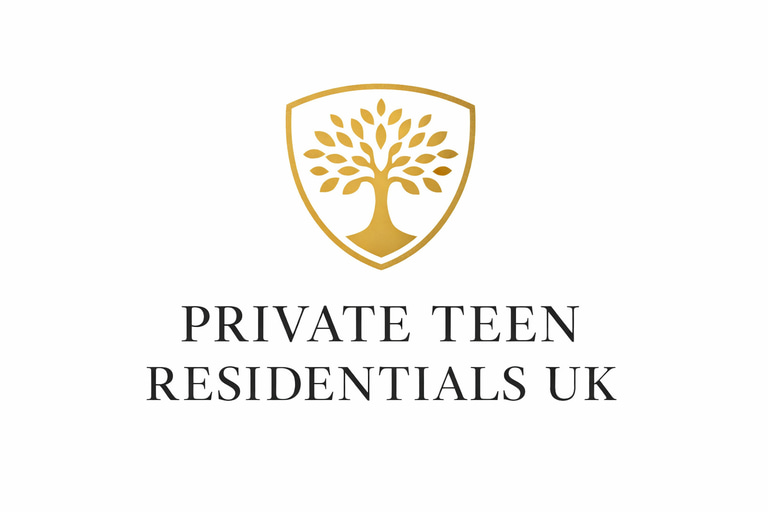Navigating Parenting Conflicts: A Guide for Families with Teenagers


Understanding the Challenges
Parenting can be a complex journey, especially when it comes to managing the relationship between teenagers and their parents, grandparents, or step-parents. Conflicting rules and messages often arise, leading to confusion and tension within the family unit. This situation is common, particularly in households with diverse parenting styles. Understanding the core challenges is the first step towards effective resolution.
Strategies for Effective Communication
Open and honest communication is vital for harmonious family dynamics. It's essential to create a safe space for your teenager to express their feelings regarding the differing rules and expectations imposed by various adults in their lives. Encourage your teenager to share their thoughts with you and be receptive to their concerns.
In family discussions, establish a non-judgmental atmosphere where each adult can articulate their standards while considering the teenager's perspective. This dialogue should emphasize cooperation rather than confrontation. By encouraging active listening, family members can better understand each other's viewpoints, fostering empathy and mutual respect.
Aligning Parenting Approaches
Conflicting rules can lead to significant stress for teenagers, who often feel caught in the middle. To mitigate this, it is crucial for parents, grandparents, and step-parents to collaborate on defining a cohesive set of rules that reflect a unified approach to parenting. This does not mean that each adult must abandon their values; rather, they should aim for consistency in areas that significantly impact the teen’s daily life.
An effective tactic is to hold regular family meetings to discuss rules and expectations. This provides an opportunity for adjustments based on input from all involved. Services like our 4-week parenting coaching programme at TeenCampsUK can offer additional guidance on establishing a cooperative parenting environment. Through structured sessions, families can learn effective techniques to synchronize their parenting styles and messages.
Encouraging Independence
Amidst all these discussions on rules and communication, it’s crucial to recognize the importance of fostering independence in teenagers. As they navigate their formative years, teenagers benefit from a certain degree of autonomy. With guidance, parents can help them develop decision-making skills that are vital for adulthood. This balance between providing rules and encouraging independence allows teenagers to feel empowered while still having the foundational support of their family.
By working together, parents and other adult guardians can create a more stable and less confusing environment for teenagers. It’s essential to remain patient and flexible as families explore these adjustments and build healthier relationships within the household.
In conclusion, navigating the complexities of modern parenthood requires that all parties involved engage in open communication, strategic alignment of rules, and the encouragement of independence in teenagers. By addressing parenting conflicts proactively, families can cultivate understanding and respect in their relationships.


